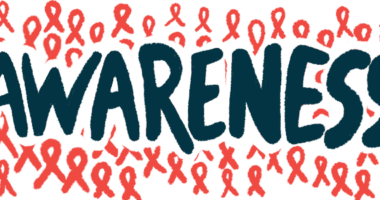Pulmonary Fibrosis Foundation Adds Cedars-Sinai to Care Center Network
The addition brings to 81 the number of Care Center sites in US

The Pulmonary Fibrosis Foundation (PFF) has added Cedars-Sinai Medical Center to its Care Center Network (CCN), a group of medical centers specializing in treating and supporting people with pulmonary fibrosis (PF).
Cedars-Sinai is one of seven medical centers the foundation recently added to the network, bringing the total number of medical centers that have shown expertise in PF care to 81 across 35 U.S. states.
“Our inclusion in this network is a recognition of our excellent pulmonary fibrosis clinical care, the availability of clinical and basic science research at our organization, and our focus on providing patients with education and support,” Tanzira Zaman, MD, medical director of the Cedars-Sinai Interstitial Lung Disease program, said in a press release.
Network members provide patients with healthcare professionals who have knowledge of the disease, which is marked by lung scarring and shortness of breath. They also offer patient support services that promote improved quality of life.
CCN criteria was established with the help of PF medical experts and patients. Such centers must provide patients with access to specialists in pulmonary medicine, radiology, rheumatology, and pathology, in addition to educational events, support groups and other resources.
PF belongs to a group of some 200 lung conditions collectively known as interstitial lung diseases (ILDs) characterized by tissue scarring (fibrosis) and inflammation. Because there’s no cure, treatment is focused on symptom management, slowing disease progression, and improving patients’ quality of life.
“The therapies we have for interstitial lung disease, particularly for pulmonary fibrosis, are pretty limited, so there’s a huge need for more effective therapies,” Zaman said. “We’re only going to discover them by putting our heads together and our patient resources together. This network facilitates that.”
In 2018, a research team led by Cedars-Sinai, in Los Angeles, California, was awarded a $12 million grant from the National Institutes of Health (NIH) to study idiopathic pulmonary fibrosis (IPF), as well as chronic lung allograft dysfunction, an IPF complication that leads to lung transplant failure and is often fatal. Cedars-Sinai is also hosting several clinical studies to better understand lung disorders.
Another network benefit is that clinicians can share insight and ideas with peers at other sites.
“Inclusion in the Care Center Network is a recognition of our efforts to translate research into patient care,” said Paul Noble, MD, director of the Women’s Guild Lung Institute and the Vera and Paul Guerin Family Distinguished Chair in Pulmonary Medicine at Cedars-Sinai.








